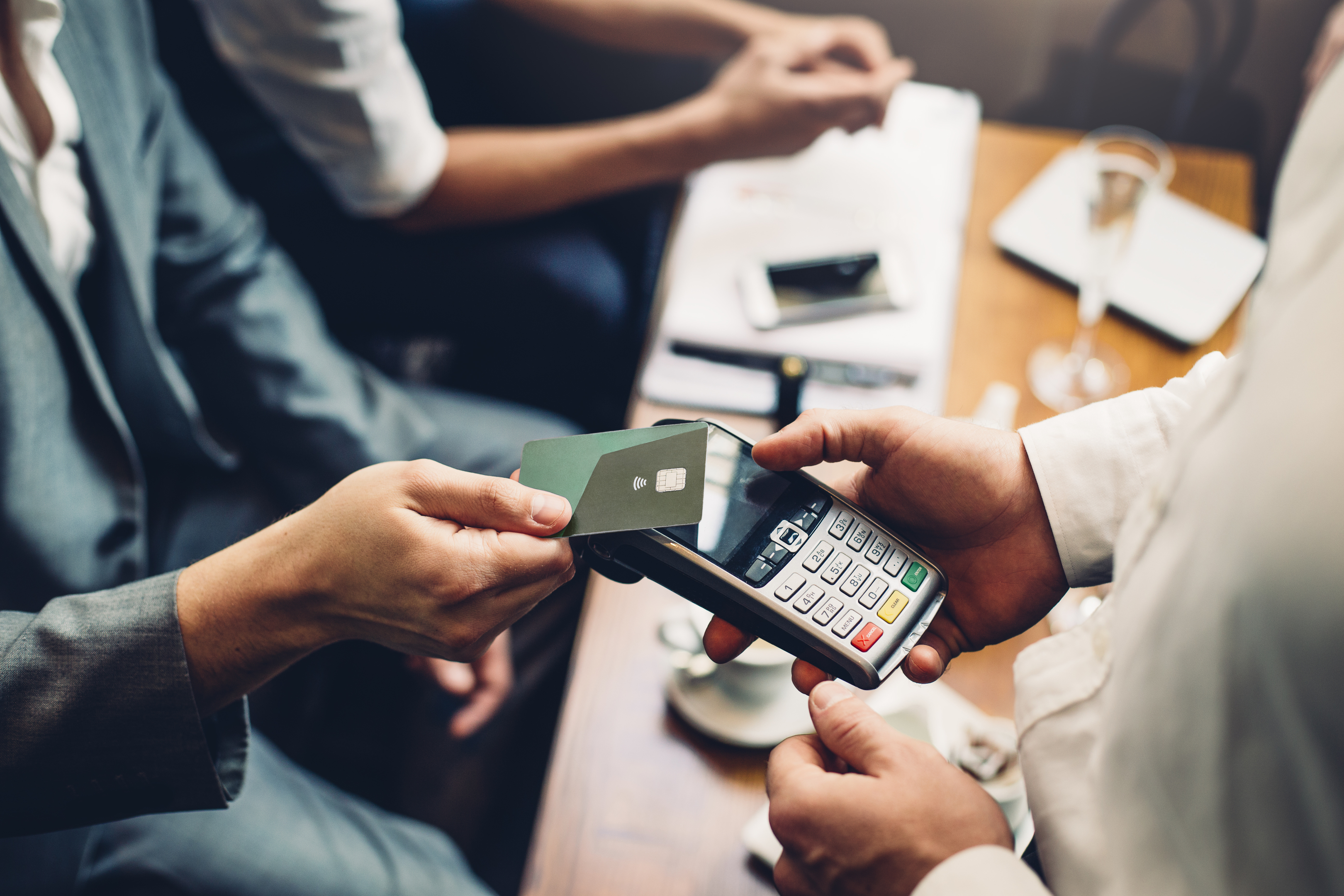
A third of Britons believe they will be the last generation to use cash, a survey has found.
Some 34% of people believe the country will be cashless within the next 20 years, according to research among more than 2,000 people by YouGov.
But nearly as many, at 29%, do not think coins and notes will ever die out.
A quarter (26%) of people surveyed said, at present, they use cash every day.
The research also found some people had fraud concerns over newer ways to pay.
Nearly two-thirds (65%) of people surveyed feel that using mobile or cashless payments increases the chance of suffering fraud or theft.
But the survey also found that some people who are not currently using mobile payments could be likely to try them in the future. One fifth (20%) of people surveyed who do not use mobile payments said they would be open to doing so.
The growing number of places where contactless “tap and go” payments are accepted has made it easier for people to pay with their card in recent years as an alternative to cash.
But a recent report from payments industry body Payments UK found that despite the move towards plastic, cash is still predicted to make up around a fifth (21%) of payments in 10 years’ time.
Stephen Harmston, head of YouGov Reports, said: “Money – as with everything else – has moved on with technology.
“The pace and scope of the move away from cash has quickened in recent years with the advent of contactless and mobile payments.
“With many Britons believing that cash will be dead within a generation, the challenge for financial institutions, retailers and other organisations is to meet this head-on.”

Enjoy the convenience of having The Sunday Post delivered as a digital ePaper straight to your smartphone, tablet or computer.
Subscribe for only £5.49 a month and enjoy all the benefits of the printed paper as a digital replica.
Subscribe